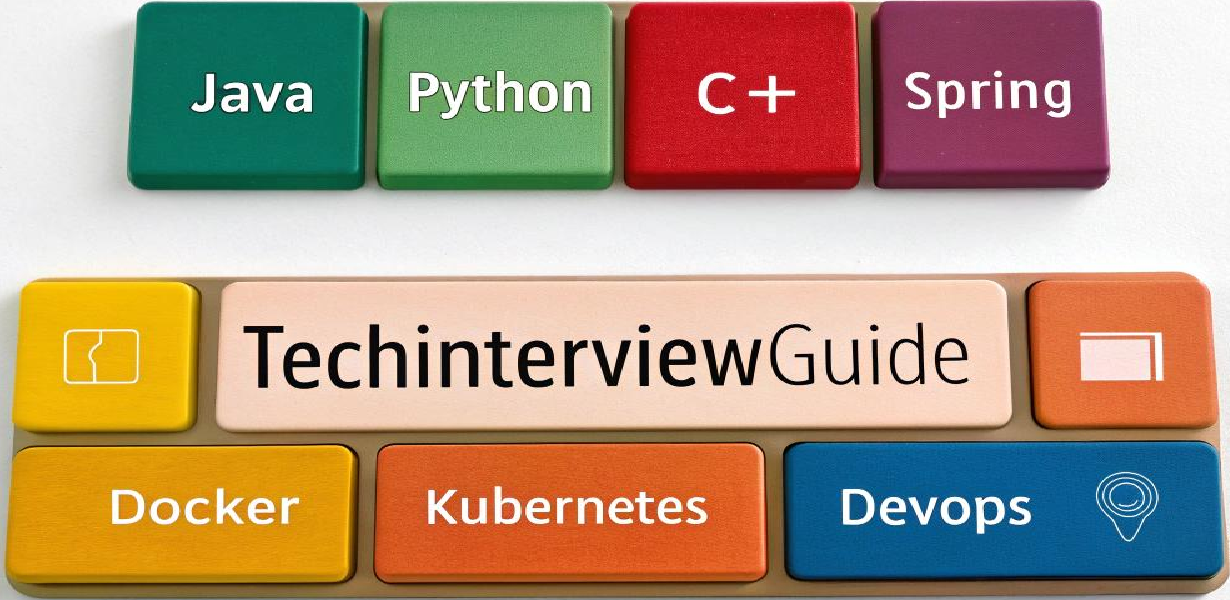How to Ensure Thread Safety When Using Java Streams in a Multi-Threaded Application?
Ensuring thread safety while using Java Streams in multi-threaded applications is crucial for avoiding potential issues like race conditions and data corruption. Learn how to use parallel streams effectively, handle shared resources, and implement thread safety patterns in this comprehensive guide.

